Greens’ radical pitch to Anthony Albanese: share power with us
The PM should sign a power sharing deal with Adam Bandt and promote Greens to cabinet if he is forced into minority government at the next poll.
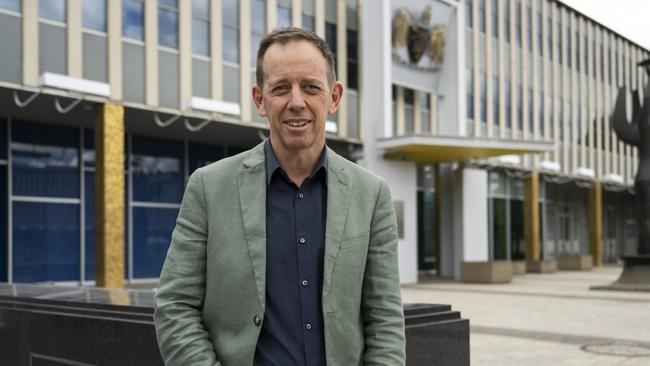
Anthony Albanese should enter into a formal coalition with the Greens, sign a public power-sharing deal with Adam Bandt and promote Greens MPs to cabinet if he is forced into minority government at the next election, according to a radical proposal from the nation’s most senior Greens minister.
ACT Greens leader and Attorney-General Shane Rattenbury told The Australian federal Labor needed to rethink its political strategy towards the Greens, arguing it would achieve greater success by dropping its hostility to the minor party and instead working together as partners.
He also said he would be “delighted” if federal Greens MPs were promoted to cabinet portfolios, suggesting a new compact between Labor and the Greens was inevitable because the minor party would continue to increase its numbers in the lower house over time.
“If you look at my colleagues on the hill, we’ve got some very capable, experienced people out there,” Mr Rattenbury said. “And I think what we’ve shown here is that the Greens are capable of stepping out and being part of government. We’ve got three ministers now. I’ve been a minister since 2012, held a range of portfolios.
“Labor will have to make a decision. If they want to keep going down the antagonistic path, they’re going to get less done. But if they actually think about … the ACT as a case study, you can actually get a lot of work done. You can make a lot of progress.”
The suggestion from Mr Rattenbury comes as Mr Albanese responds to the fallout from the voice referendum defeat, international instability in the Middle East – which has revealed deepening cracks within the Labor caucus – and a renewed focus on the cost of living amid speculation the Reserve Bank will hike interest rates at its November meeting.
Australian National University election surveys co-author Ian McAllister said it was a “definite possibility” Labor could fall into minority government at the next election given it held only 78 seats in the lower house – a majority of two. He also warned the Greens were starting to win seats in their own right, having increased their lower house representation to four seats at the last election.
“Whether there is a large Greens vote will be determined by how well Labor determines issues like climate change,” Professor McAllister said. “There’s a lot of instability and volatility, and that could significantly change the outcome of the next federal election.”
Mr Rattenbury said the ACT “parliamentary and governing agreement” had worked well and could serve as a useful template for a similar power-sharing deal between Labor and the Greens at the national level if Mr Albanese were forced into minority government. “I think it could. In the sense that having a structure, I think it helps the politics work.”
Mr Rattenbury understood why federal Labor would be reluctant to strike such a deal, arguing former chief minister Jon Stanhope had been sceptical of the Greens when he formed minority government in 2008.
But he said subsequent chief ministers, including Katy Gallagher and Andrew Barr, had embraced the change, showing it was possible for federal Labor to change its approach.
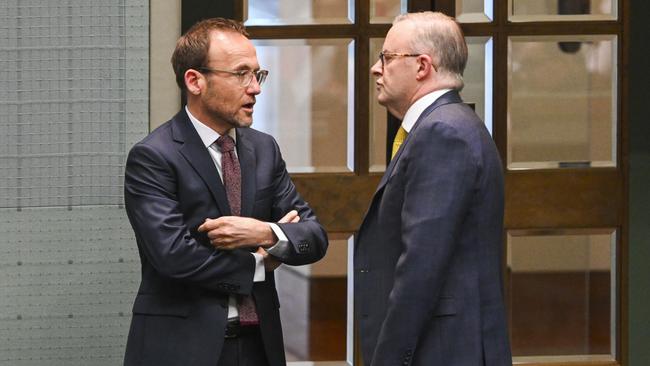
“The nature of these two-party governments is they are dynamic. You’ve necessarily got two groups come to the table who’ve got some different ideas and you have to work … through that, and it creates a dynamism in government … that is very healthy,” he said.
“It creates an accountability. It creates a testing of ideas. It forces people to bring their ideas to the table, but then work with others on how they’re going to make it actually work.”
A federal government spokesperson said the Greens could “talk up their interests and their abilities to form government as they choose, as will all parties and independents”. “The hallmark of the Prime Minister’s approach is to work with people from across the parliament, the private sector and the community in the national interest.”
ACT Chief Minister Mr Barr said the agreement meant Labor and the Greens worked “respectfully, constructively and collaboratively as a two-party government … for and in the best interests of Canberrans”.
“We act in good faith and with no surprises, while we retain our distinct political identities and operating cultures. We acknowledge this involves compromise … and can require innovative approaches to reach agreement … Differences are resolved through negotiation and votes in the Legislative Assembly.”
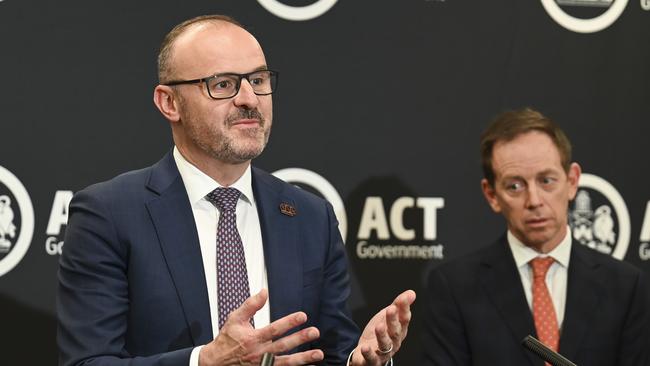
However, Mr Barr disagreed with Mr Rattenbury that the ACT agreement could be used as a template for a governing agreement between Labor and the Greens at federal level, saying the ACT was “most likely a unique case given our electoral system”.
The ACT Labor/Greens governing agreement trumpets how both parties have worked together to “deliver the most progressive and reformist administration in Australia”, and recognises climate change as a “real and immediate threat to our city, our country and the world”.
On climate, the agreement commits the ACT to a target of net zero emissions and phasing out gas by 2045 in addition to banning gas connections in new homes and businesses, an Australian-first law passed earlier this year. The ACT will also ban new petrol car sales from 2035.
The territory claims it has been 100 per cent powered by renewable electricity since 2020. However, it still draws most of its electricity from the national energy market, which is then offset by feeding renewable energy back into the system through a series of clean energy investments from around the country.
On justice, the ACT controversially agreed to decriminalise from October 28 the possession of small amounts of illicit drugs including cocaine, ecstasy, ice and heroin, sparking fears the nation’s capital will become a beacon for drug tourism and bikie crime.
The ACT agreement sets out a number of legislative, executive and administrative reforms to be progressed, ranging from establishing industrial manslaughter as a work, health and safety offence, raising the minimum age of criminal responsibility and ending no-cause evictions, to requiring larger public service entities to have gender action plans.
Mr Rattenbury said having a public agreement was important because it provided a set of rules that could help resolve disputes while also setting the political agenda for a two-party government. “The thing’s published online. I mean, it’s a stark contrast to the federal Coalition where no one knows what’s in their agreement. Our agreement is laid out … I think that creates both transparency and clarity.
“Most of the time we find a way through. It comes down a lot to the will of the parties to work together. You’ve got to want to make it work.”


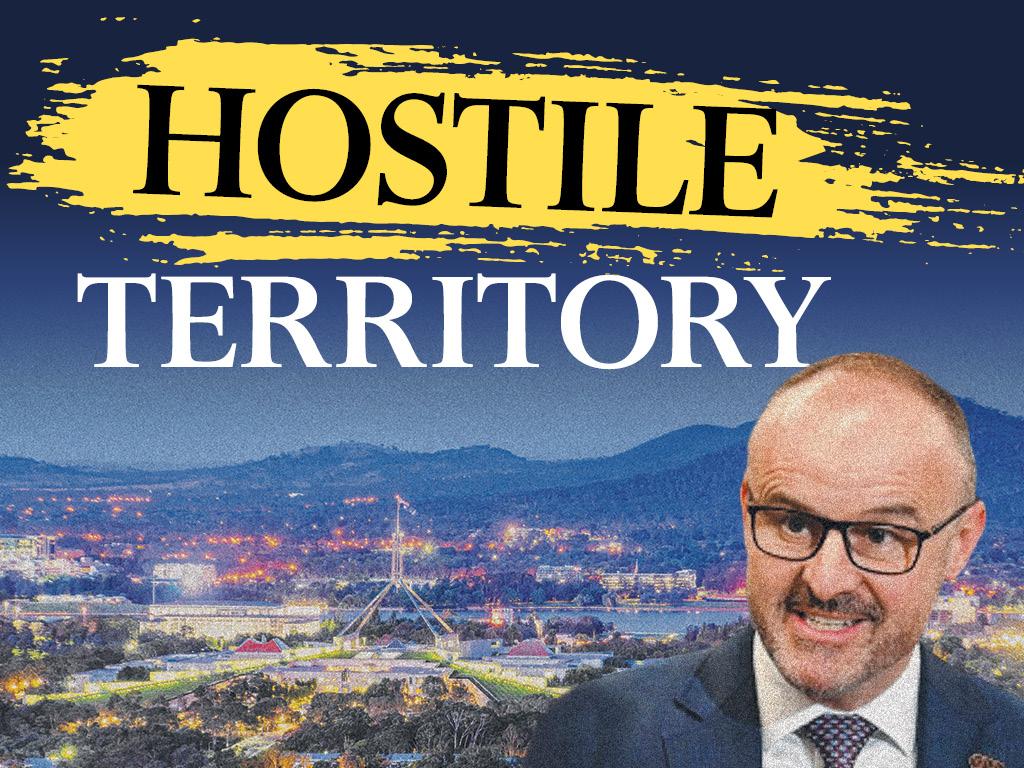
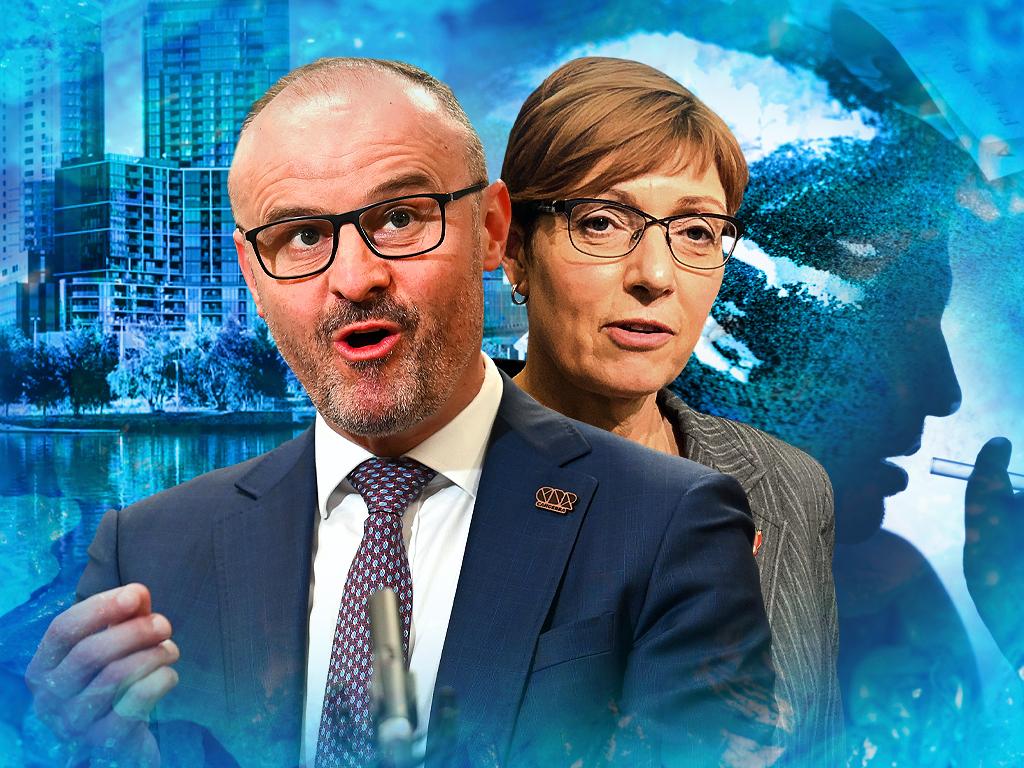
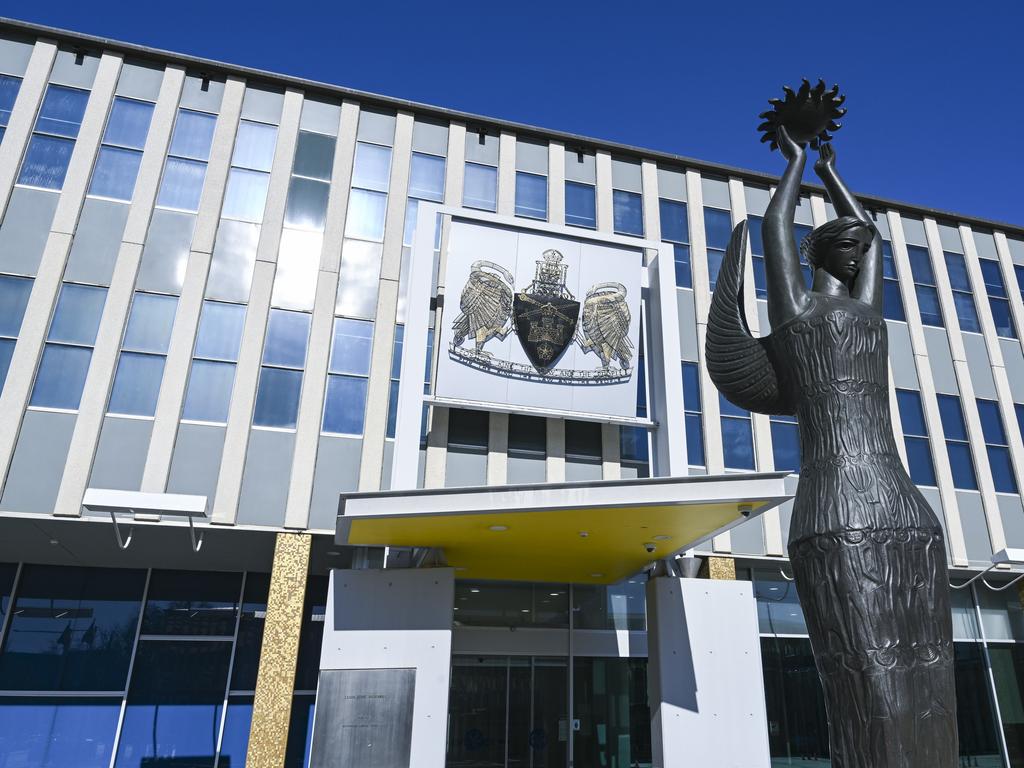
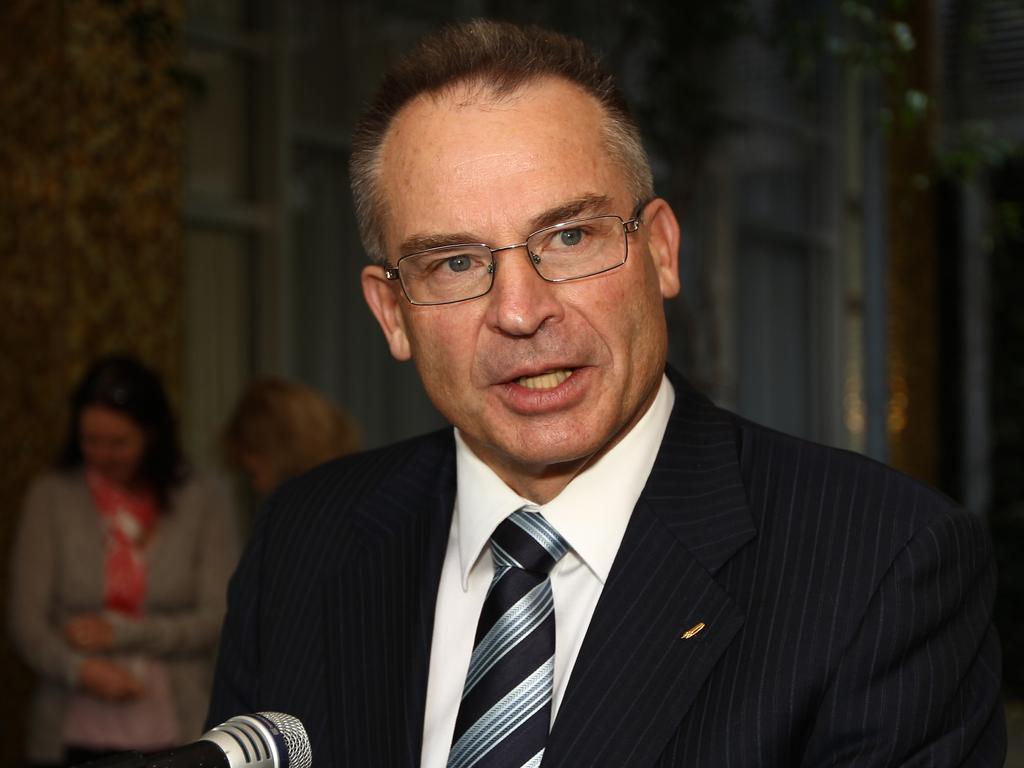


To join the conversation, please log in. Don't have an account? Register
Join the conversation, you are commenting as Logout